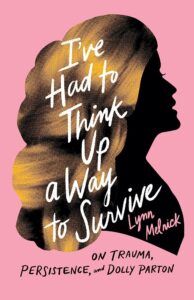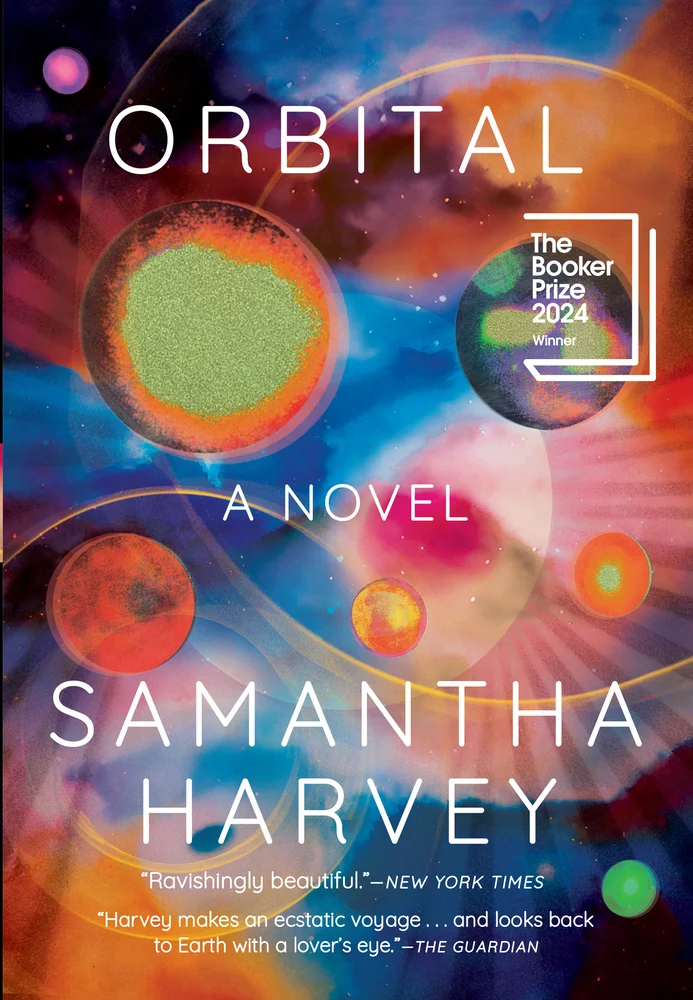Curated by SOFIA BELIMOVA
Welcome to the June round of Friday Reads! Are you hoping to read more this summer? Do you have a favorite shady spot in a backyard or park, but no book to share it with? Read on for exciting recommendations from our contributors. Find stories that reach beyond the scope of normative human experience, essays about writing and writers, and hybrid memoir on music and survival.
Heinrich von Kleist’s Michael Kohlhaas, translated by Michael Hofman; recommended by Erica Ehrenberg (Issue 25 contributor)
What might a person do in the face of unbearable injustice? What does intolerable anger look like, and how close can we get to letting it destroy us? These questions form the engine of Heinrich von Kleist’s masterwork Michael Kohlhaas, a story as uncomfortable to read as it is psychologically brilliant and perversely cathartic. Michael Hofman’s excellent new translation from New Directions brought me back to this story, but in some way my unconscious had never left it far behind. It had become for me a structure for imagining the untouched extremes of rage in the face of injustice whose flames lick us all, a cautionary tale of what it would look like to let one’s reaction to being wronged run horribly wild.
Kleist brings us as close as possible to that tipping point where all that we think of as lofty in us meets that which is most uncontrollable. The story begins, “In the middle of the 16th century there lived on the banks of the Havel a horse dealer by the name of Michael Kohlhaas, son of a schoolmaster, at once one of the most righteous and appalling individuals of his time.” Kleist opens with an atmosphere of tautness and compression that never lets up as he pulls us, detail by detail, into the path of destruction by which Kohlhaas rails against the very edges of a reality shaped by human cruelty—but what I really can’t get over, and what Kafka may have meant when he said of the story, “it carries me along waves of wonder,” is the way that he harnesses the sheer pleasure of narrative and uses its seductive constructions to lead us, as if in a trance, to the depths of our vulnerability, an enactment of our collective grief.
Robert Cohen’s Going to the Tigers; recommended by Bob Johnson (contributor)
Novelist and story writer Robert Cohen’s marvelous and (often) very funny Going to the Tigers is a collection of essays that explore the writing life—his own and those of his literary forebears: Kafka, Lawrence, Chekhov, Woolf, and many, many more. The collection is a primer of sorts, in the vein of Flannery O’Connor’s Mystery and Manners, and just as in O’Connor’s work, it explores the ineffable truths—“multi-chambered,” Cohen tells us, “as hearts are”—that are the writer’s tools of the trade.
His title comes from Thomas Mann’s Death in Venice. Aschenbach, the novella’s hero, seeks release from emotional and artistic gridlock by traveling to Venice, where, Cohen writes, “the beauties of Paradise and the corruption of the Inferno are inextricably intertwined.”
That Aschenbach’s journey is a perilous one doesn’t occur to him. He won’t go far, he assures himself, “…not all the way to the tigers.”
Of course, “the tigers get him anyway,” Cohen reminds us, as they threaten to get anyone too careless or, worse, too certain in plumbing mystery’s depths. That this holds true for the writer goes without saying. “Knowledge in the material world may be power,” he writes, “but in the artistic sphere it’s death.”
The reader can take their own journey into Robert Cohen’s Going to the Tigers by finding it on—where else?— Amazon.
As the travel brochure says, Come for the brilliance; stay for sentences like these:
“Here is the writer at the end of the day, struggling to keep himself/herself vertical. Top-heavy lies the crown, when it sits on that huge, clogged up head, crusty and sodden with old impressions. It’s like a used coffee filter; not much gets through.”
Lynn Melnick’s I’ve Had to Think Up a Way to Survive: on trauma, persistence, and Dolly Parton; recommended by Melody Nixon (contributor)
“We’d best name what could destroy us,” writes Lynn Melnick in her chapter “Jolene” on Dolly Parton’s most enduring hit. In her hybrid memoir I’ve Had to Think Up a Way to Survive, Melnick examines survival strategies, broadly defined: the survival of Dolly Parton, a self-reinventor whose career has spanned decades through breaks, failures, and some near-insurmountable hardships; the survival of women in misogynistic general and music cultures; the survival of the author herself through periods of addiction that followed a brutal childhood sexual assault. A fierce resistance to that which could destroy us or destroy our spirits (patriarchy, capitalism, drugs) drives this potent work of music criticism forward, with deft prose that breathtakingly weaves biography and personal narrative.
I never thought I would choose to read about Dolly Parton; like many supposedly self-respecting feminists I dismissed the Barbie-like figure as a woman who pandered to cishet men, who sought power in the conventional spaces of beauty and breasts. Melnick mines the much deeper side of this country music icon, her strategically brilliant, self-aware performativity that utilizes gender power relations to her advantage—or, at the very least, does the very best with what options she has. Melnick also does not flinch from examining Parton’s controversial views, her political low-points, her anti-Semitic statements (later recanted). Somehow, Parton has always demonstrated humility when needed and vigor when required—another survival tactic—but what’s to be admired from her life, as Melnick portrays it, is her disregard for the judgements and constraints of others, and her inhabitation of those gendered spaces not “meant” to be linked to creative output or extraordinary narratives. Parton possesses an incredible kind of persistence, matched by the author’s clear-eyed and immensely determined pathway toward healing from trauma.
The subgenre of hybrid memoir seems ever expanding; convention-altering works like Melnick’s alongside Margo Jefferson’s How to Construct a Nervous System and Dina Nayeri’s Who Gets Believed show us the emerging possibilities of the form. While publishing houses move slowly to respond to readers’ hunger for these nonfiction experiments, Spiegal and Grau is releasing the paperback of I’ve Had to Think Up a Way to Survive, originally published by the University of Texas Press, on August 1—and there’s still time to preorder a copy.







